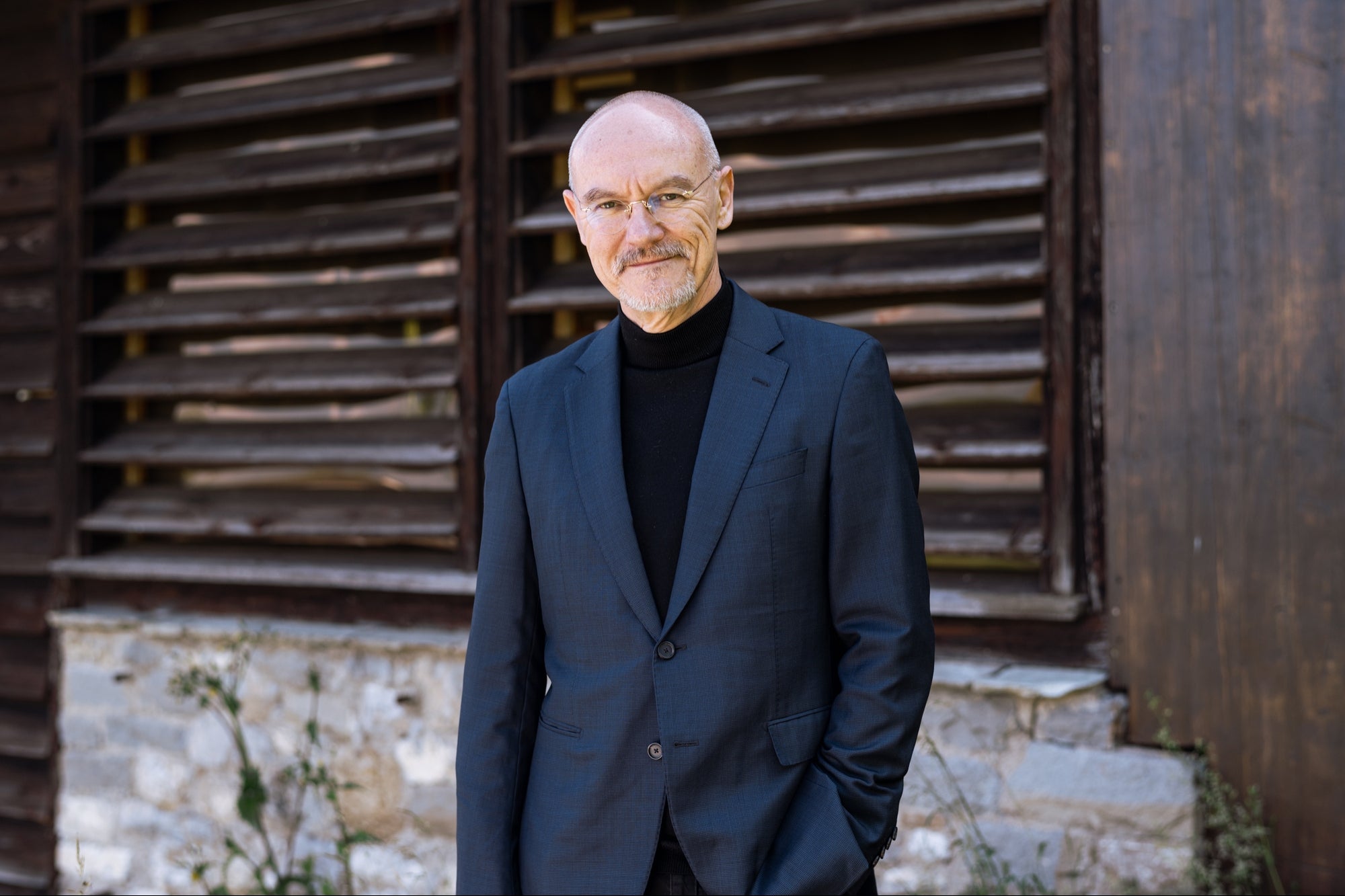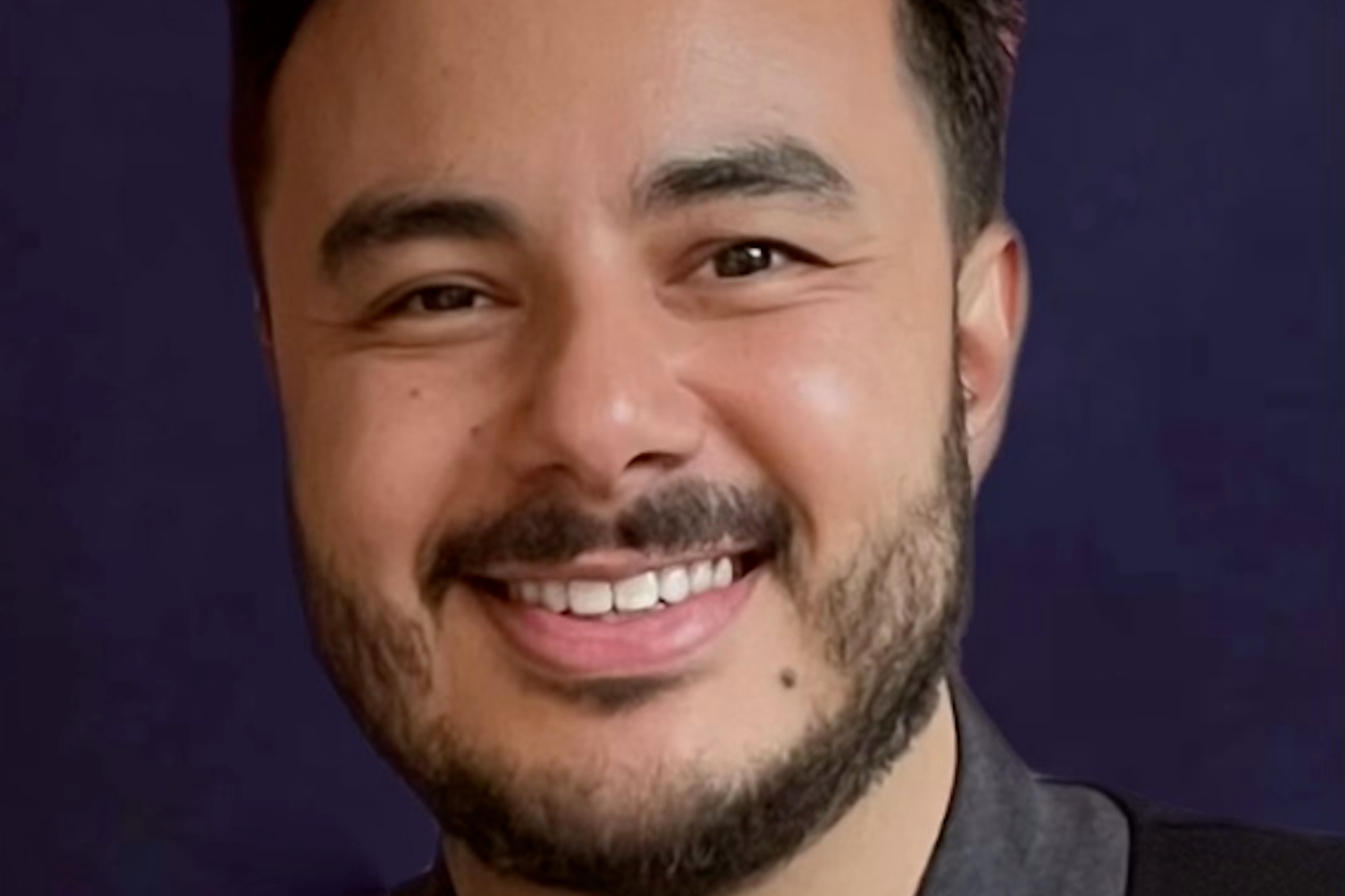Why Executives Are Vulnerable to Addiction and How NEOVIVA's Relational Model Offers a Lifeline Beyond Stigma
You're reading Entrepreneur Middle East, an international franchise of Entrepreneur Media.

Addiction does not discriminate, and some of its most hidden forms exist among high-performing professionals. Executives, lawyers, doctors, and entrepreneurs often present a polished exterior of control, but beneath the surface, many struggle silently with substance use. For Oliver Neubert, Founder and Chairman of NEOVIVA, a private recovery clinic in Switzerland, this is not surprising. "Addiction doesn't discriminate, dysfunction often hides behind success," he explains. In his view, addiction is rarely about substances themselves, but about relational wounds, perfectionism, and the immense pressure to perform.
Statistics reinforce what Neubert sees every day. Roughly 12.1 percent of managers and executives report illicit drug use, while over 11 percent meet criteria for a substance use disorder. Alcohol misuse is particularly common, with studies showing that more than 20 percent of legal professionals experience alcohol-related problems, rates significantly higher than in other professional groups. For Neubert, these numbers reflect more than just stress. They highlight how ambition, perfectionism, social systems, and the burden of expectations create fertile ground for dependency.
High achievers are especially vulnerable because the very traits that drive their success can also fuel addictive behavior. Perfectionism often leads to self-stigmatization, with small mistakes magnified into feelings of failure. Many professionals live with an internal narrative that they must remain untouchable, which makes substances an appealing escape. Asking for help feels almost impossible when identity is tied to strength, control, and achievement.
Relational isolation compounds the issue. Despite outward appearances of influence and connection, research shows that affluent professionals often experience less social cohesion than other groups. Without strong, reliable bonds, individuals in high-pressure environments are left to self-soothe, and substances quickly become a substitute for belonging.
At NEOVIVA, treatment for high-performing clients begins with recognizing these dynamics and breaking the silence around them. The clinic's integrated model addresses psychiatry, psychotherapy, medical needs, and experiential therapies in tandem, creating an all-encompassing approach that looks far beyond abstinence. In addition, NEOVIVA recognizes that certain individuals have ongoing professional responsibilities that don't allow them to take a 6-week timeout. In response, there is the Executive Programme, which allows professionals to remain connected to their work while engaged in treatment.
Clients receive in-house detox if needed, psychiatric support, intensive one-to-one psychotherapy, and the chance to share their experiences in group settings with peers from similar backgrounds. Having a capacity of a maximum of five clients, NEOVIVA's groups are always small and personal. Experiential therapies such as art, equine-assisted therapy, and forest immersion are integrated to help clients reconnect with themselves and develop new coping strategies. The model acknowledges that recovery is not just about removing substances but about rediscovering purpose, identity, and connection. In addition, transcranial magnetic stimulation can be integrated into a personalised, carefully balanced treatment programme.
What makes NEOVIVA stand out is not just the breadth of services but the way its team functions. Every client is treated collectively, with clinical meetings twice daily to review progress and needs. "What you never hear here is 'my client,'" Neubert explains. "It's always 'our client.' Treatment at NEOVIVA is a team effort." This language reflects a philosophy that healing happens within relationships, not in isolation, and the team itself becomes a secure base for clients who may never have experienced one.
Continuing care is another cornerstone of NEOVIVA's model. Clients are supported for at least seven months after discharge, with regular check-ins and ongoing therapy, with the same key therapist that they had while on-site, which is designed to help them navigate the challenges of reintegration into daily life. The clinic also offers a unique guarantee: if a client completes six weeks or more of treatment and relapses within a year, they may return for up to a month at no cost, provided they fully engage in the programme. For Neubert, this guarantee underscores the clinic's confidence in its outcomes and its commitment to standing by clients. "We believe in what we do, and we see the results," he says.
Importantly, NEOVIVA makes a clear distinction between treatment and luxury. While the setting is discreet and offers comfort, Neubert is unequivocal: "We are a treatment clinic, not a staycation." This clarity is crucial for high-performing professionals who need results and are willing to do the difficult but transformative work they truly require.
Addiction does not just harm individuals; it destabilizes families, organizations, and communities. The cost to businesses is staggering, with workplace addiction linked to 40% of industrial accidents and 60% of poor performance incidents.
NEOVIVA's thought leadership rests on the principle that addiction is not a moral failing or a weakness, but a relational and psychological health issue that requires evidence-based, team-led care. High-performing professionals, just like anyone else, can recover, but only if the stigma is broken and effective treatment is embraced. "Everyone can recover if they get the right help," Neubert says. That belief drives NEOVIVA's mission and its commitment to pushing the boundaries of best practice. For those at the top who feel trapped by their own success, NEOVIVA offers not just treatment but a way forward: a life free from addiction.













